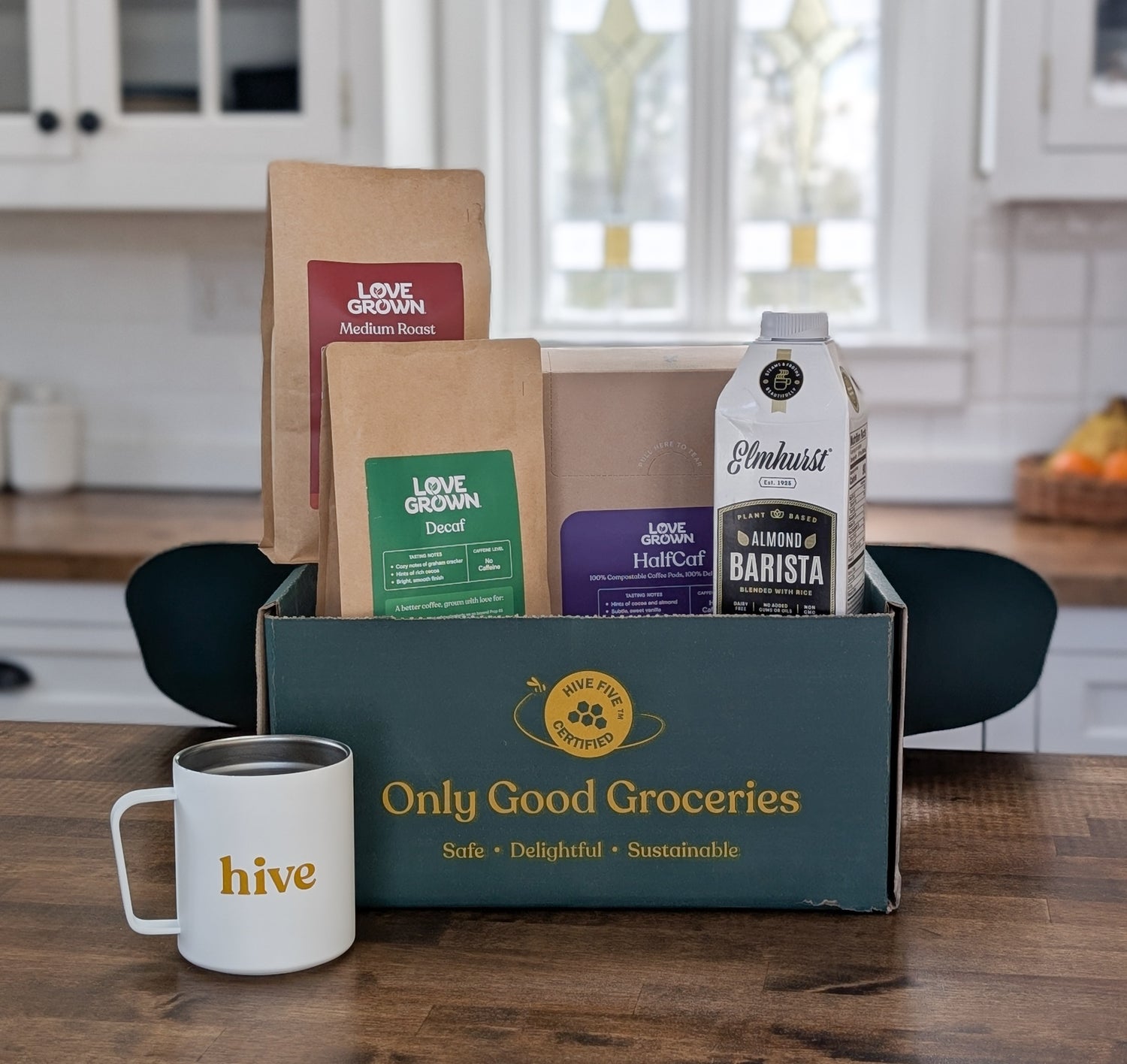Fair Trade vs. Direct Trade: Know what’s what
It all comes down to values and end goals. If you’re familiar with our criteria for choosing brands to partner with and products to carry, you’ve definitely seen how gung-ho we are about displaying forms of sourcing—fair trade and direct trade included. These two may sound like identical twins, but they’re actually more different than you’d think. Keep reading to ace your sustainability lingo.
Is all fair in fair trade?
Fair trade is a global movement made up of a diverse network of producers, companies, consumers, advocates, and organizations. The end goal of fair trade is to transfer wealth back to farmers and workers in developing countries who deserve a decent income and ethical work environment.
To be eligible for fair trade certification, producers need to meet certain requirements by fair trade organizations (two big names are Fairtrade International and Fair Trade USA), apply for their programs, and pay a fee to be licensed. Once an organization gives the producer the green light, companies get to stamp the certification on their products and gain exposure to the larger market.
Simply put, a fair trade certification promises consumers that farms receive and give their workers a living wage, operate ethical supply chains, and follow labor laws.

Taking notes. How about direct trade?
Like its name, direct trade emphasizes a direct partnership between farmers and companies. This process mainly hinges on their interpersonal relationships and respectable farming practices. Thanks to their constant communication, companies can hold farmers accountable to their standards every year.
In contrast to fair trade, direct trade doesn’t include any formal requirements, but many farms follow the “rules” regardless. What guides them are the high quality of products (often made in small batches), social responsibility, and pride in their work. And a more condensed process means that farmers generally receive even better compensation than what fair trade gives their farmers.

Ok, I think I’m getting it now
Regardless of their differences, fair trade and direct trade both support better farming practices and fairer wages, and cut out the middleman to source ingredients directly from farmers and cooperatives. It’s less about which method of sourcing is better, but more about how these two are evolving solutions to improving the lives of everyone involved and boosting development in a product’s place of origin. That means you’re not just getting a quality product, you’re supporting a more ethical food system. Fair and direct without any funny business is how we like it here.
For a complete list of all of our brand partners who make fair trade or direct trade products, head to our Direct/Fair Trade collection.

